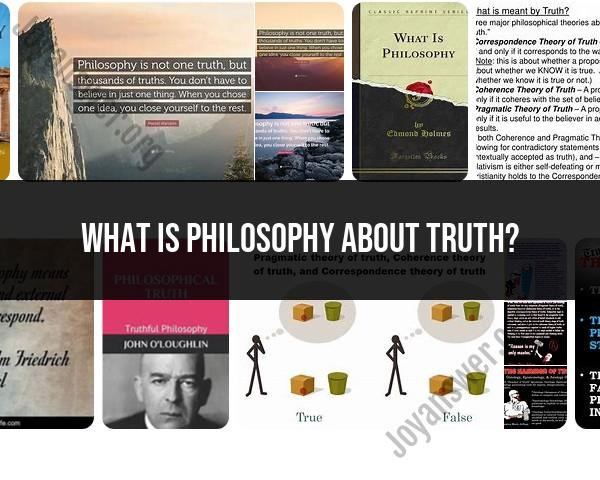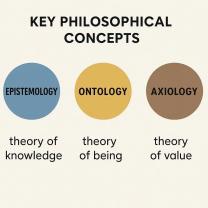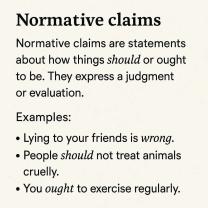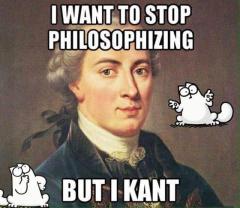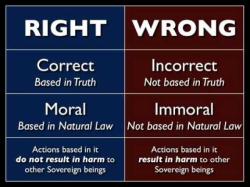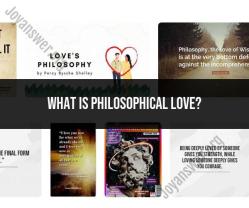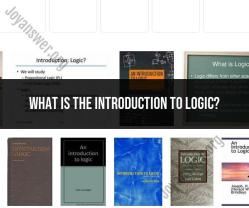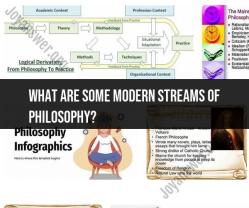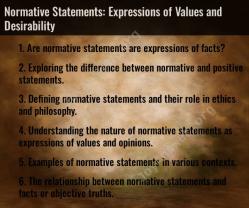What is philosophy about truth?
The philosophical exploration of truth is a central and enduring theme that has been examined by thinkers across different cultures and historical periods. Various branches of philosophy, including epistemology, metaphysics, and philosophy of language, engage with questions related to the nature, definition, and understanding of truth. Here are key aspects of the philosophy of truth:
1. Defining Truth:
Correspondence Theory: One traditional view is the correspondence theory, which posits that a statement is true if it corresponds to or accurately represents a state of affairs in the world. This view emphasizes the relationship between statements and reality.
Coherence Theory: Another perspective is the coherence theory, suggesting that a statement is true if it coheres or fits well with a system of beliefs or propositions. Coherence theorists focus on the internal consistency and interconnectedness of beliefs.
Pragmatic Theory: Pragmatic theories of truth, associated with philosophers like William James and Charles Peirce, consider truth in terms of practical consequences. A statement is considered true if it works or leads to successful outcomes in practice.
2. Types of Truth:
Objective Truth: Objective truth is independent of individual beliefs or perspectives. It holds true regardless of what individuals think or perceive.
Subjective Truth: Subjective truth is dependent on individual beliefs, experiences, or perspectives. It may vary from person to person.
Relative Truth: Some philosophical perspectives argue that truth is relative, varying across different cultural, historical, or individual contexts.
3. Epistemological Considerations:
Epistemology: Epistemology, the branch of philosophy concerned with knowledge, delves into questions about how we come to know truths, the nature of belief, and the reliability of different sources of knowledge.
Skepticism: Philosophical skepticism raises questions about the possibility of attaining absolute or certain knowledge, challenging assumptions about truth.
4. Language and Truth:
Semantic Theory: Philosophy of language explores how language relates to truth. The semantic theory of truth examines the meaning of truth and the conditions under which statements can be considered true.
Truth Predicates: Philosophers examine the use of truth predicates (such as "is true") and consider their role in linguistic expressions of truth.
5. Postmodern Perspectives:
- Deconstruction: Postmodern thinkers, influenced by figures like Jacques Derrida and Michel Foucault, challenge traditional notions of truth, emphasizing the contingency of knowledge and the role of power in shaping truth claims.
6. Truth and Reality:
- Metaphysical Considerations: Metaphysical discussions address the relationship between truth and reality. Questions arise about the nature of reality and whether truth is an accurate representation of that reality.
7. Ethical Dimensions:
- Truthfulness and Ethics: Philosophical discussions explore the ethical dimensions of truthfulness, deception, and the moral responsibilities associated with conveying or seeking the truth.
8. Pragmatism and Truth:
- Pragmatist Views: Pragmatist philosophers, such as William James and John Dewey, emphasize the practical consequences of beliefs and actions. Truth is seen as a tool for successful interaction with the environment.
9. Continued Philosophical Inquiry:
- Contemporary Discussions: Contemporary philosophy continues to explore new dimensions of truth, considering its implications for artificial intelligence, the philosophy of mind, and the challenges posed by post-truth environments.
The philosophy of truth is a dynamic and evolving field, with diverse perspectives that shape our understanding of what it means for something to be true. Philosophers continue to grapple with these questions, contributing to an ongoing and rich discourse about truth and its complexities.
The philosophical perspective on truth is a complex and multifaceted one, with different schools of thought offering varying definitions and approaches to the concept. However, at its core, truth is generally understood to be a property of propositions or statements that accurately reflect reality.
Correspondence Theory
One of the most prominent theories of truth is the correspondence theory, which holds that a proposition is true if and only if it corresponds to an existing fact. This means that true statements align with the way things actually are in the world. For example, the statement "The Earth is round" is true because it corresponds to the fact that the Earth is, indeed, a sphere.
Coherence Theory
Another influential theory is the coherence theory, which posits that a proposition is true if and only if it coheres with a system of other well-established beliefs. This means that true statements fit logically and harmoniously with existing knowledge. For instance, the statement "Water is made up of hydrogen and oxygen" is true because it aligns with our understanding of chemical compounds and molecular structures.
Pragmatic Theory
The pragmatic theory, championed by philosophers like Charles Sanders Peirce and William James, suggests that the truth of a proposition is determined by its practical consequences. In other words, a statement is considered true if it leads to beneficial outcomes or helps us achieve our goals. For example, the statement "Honesty is the best policy" might be considered true because it promotes trust and cooperation, which are essential for a well-functioning society.
Debate and Theories
Throughout history, philosophers have engaged in ongoing debates about the nature of truth, exploring questions such as:
Is truth objective or subjective? Does truth exist independently of our minds, or is it relative to individual perspectives and experiences?
What is the relationship between truth and knowledge? Can we have knowledge without truth, or is truth a necessary condition for knowledge?
How do we determine what is true? What methods or criteria can we use to distinguish truth from falsehood?
These questions remain open to debate, and there is no single, universally accepted answer. The philosophical pursuit of truth is an ongoing endeavor, as we continue to grapple with the complexities of human understanding and the nature of reality.
In conclusion, the philosophical perspective on truth is a diverse and evolving landscape, with various schools of thought offering their unique insights. While there is no definitive answer to the question of what constitutes truth, the ongoing philosophical exploration of this concept helps us to better understand the nature of knowledge, belief, and reality.
